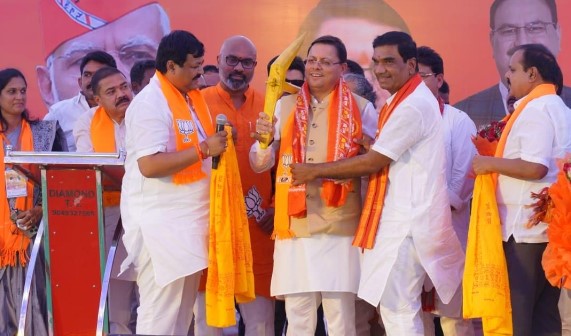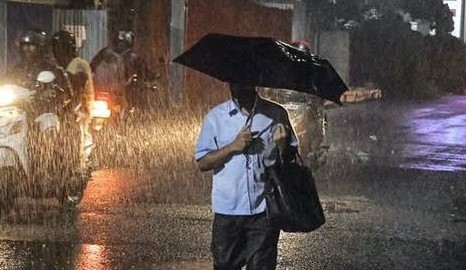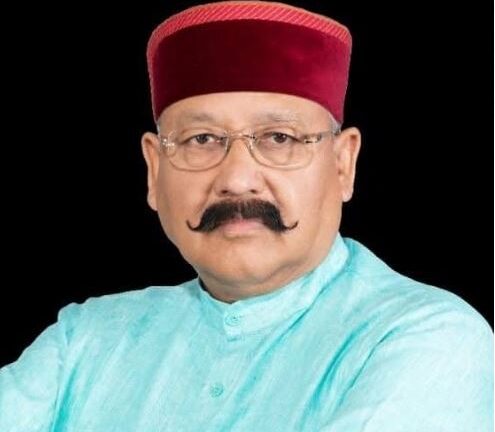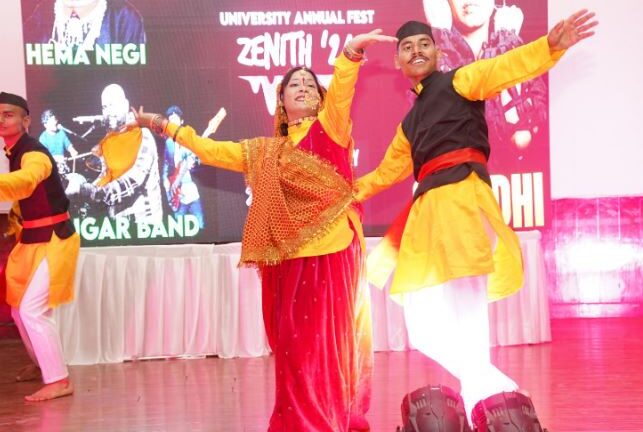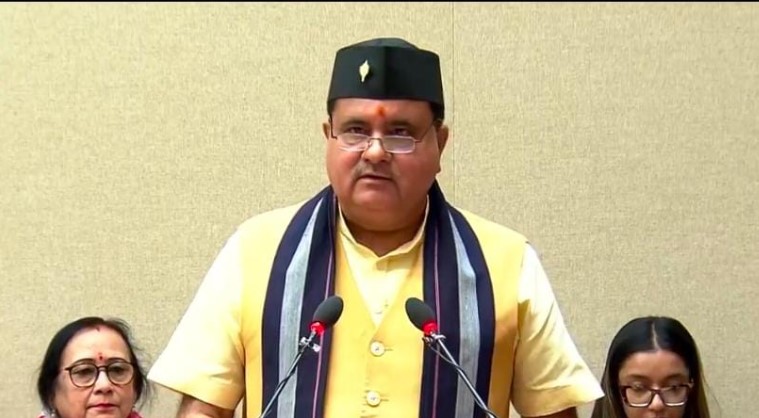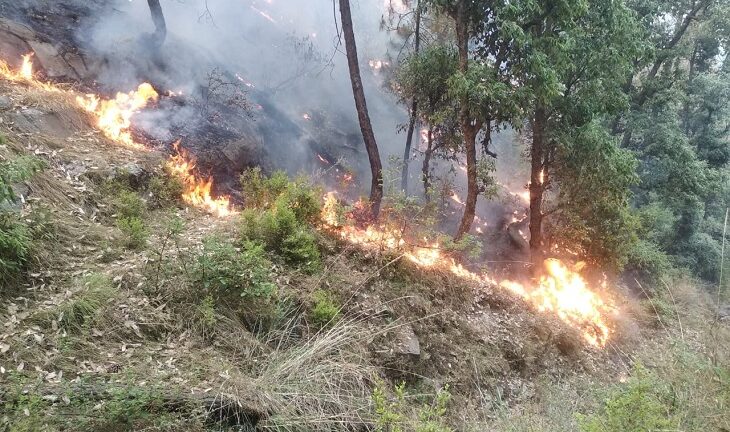Pure drinking water will be available for 16 hours daily in the state, with 22 schemes approved in these 5 districts
Dehradun. More than four lakh population in the state will get pure drinking water for 16 hours daily. The Drinking Water Department has approved 22 drinking water schemes in five districts with World Bank funding, work on which is going on fast. The work of many schemes has also been completed. Along with the urban population in the state, there were urban facilities in the surrounding semi-urban areas as well, but there was a shortage of water. Even today, water was available relatively less from the page schemes of the village. The Drinking Water Department had selected 32 areas under the 2011 census to set up drinking water schemes in these semi-urban areas. With the funding of the World Bank, schemes were approved in 22 areas here.
Water has started becoming available under many of these schemes. MD of Drinking Water Corporation Udayraj Singh said that the objective of these schemes is to provide 135 liters of water per person per day in semi-urban areas. He told that in many areas the availability of drinking water as per urban standards has started. It was informed that under these schemes water connections will be given to 88 thousand houses with a budget of Rs 975 crore, due to which 4,36,000 population will be able to get pure drinking water.
District – Plan Areas
Dehradun (08) – Jeevangarh, Natthanpur, Mehunwala Mafi, Nathuwawala, Rishikesh Dehat, Gumaniwala, Pratit Nagar and Khadak Mafi.
Tehri (01) – Slope area.
Nainital (03) – Haldwani Talli, Kusumkheda and Gaujhajali areas.
Udham Singh Nagar (03) – Umrukhurd, Moholia, and Bandia areas.
Haridwar (07)- Saidpura, Bhangeri Mahavatpur, Nagla Imarti, Dhandera, Mohanpur Mohammadpur, Bahadarabad, and Jagjitpur areas.
The special thing about these World Bank schemes is that there is no need to install water purifiers in the house. This water is supplied only after testing it on 23 parameters of quality. From the headquarters of the Drinking Water Department itself to the top officials of the World Bank, the availability and quality of this water can be seen at any time.
The Drinking Water Department has used modern sensor technology in the schemes of these semi-urban areas. Smart water meters are being installed in the houses which automatically send signals and the bill is prepared through the machine of the drinking water department. The special thing is that the water of these schemes can directly reach a height of 12 meters without any help.


